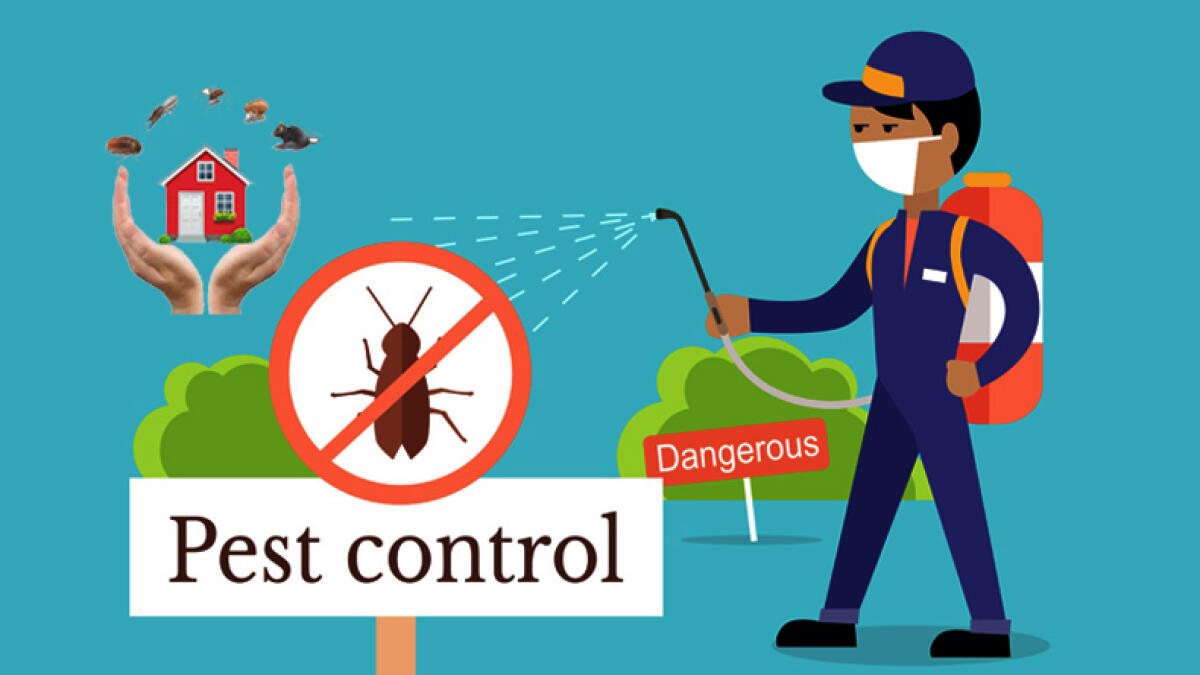Finding the right pest control service can appear daunting, particularly with so a variety of options to choose from. Pests can cause chaos on our homes, causing deterioration and posing health risks, making effective pest control an essential component of home maintenance. Whether you're dealing with common household pests such as ants, cockroaches, or rodents, or are experiencing seasonal challenges including mosquitoes in the summer and pests seeking shelter in the winter, knowing how to pick the appropriate professional service is crucial for maintaining your home pest-free year-round.
In this guide, we will examine the steps you should take to select a pest control service customized to your needs. From grasping the various types of pests and their behaviors to debunking common pest control myths, we aim to provide you with the insight necessary for arriving at an informed decision. We will also cover the importance of regular inspections, eco-friendly options, and when to seek professional help versus attempting DIY solutions. With the appropriate approach, you can shield your home and enjoy peace of mind, free from unwanted invaders.
Common Home Infestations and Control Methods

Homes often experience infestations from common pests including the ant species, roaches, and mice and rats. Ants are typically drawn to food sources and can create nests quickly. To combat these pests, maintain a clean kitchen and store food in sealed containers. You can use bait traps specifically for ants to eradicate the entire colony efficiently.
Roaches are another frequent nuisance in houses, known for their resilience and ability to spread diseases. To manage them, it's essential to remove their hiding spots by minimizing clutter and ensuring that spaces behind appliances are tidy. Utilizing insecticides or baits can help, but it is often generally effective to hire professional pest control services to tackle a severe infestation completely.
Mice and rats, including small rodents and rats, not only destroy property but also pose potential health hazards. Preventing rodent entry starts with sealing cracks and openings in your house's exterior. If you suspect an infestation, using catching devices and upholding cleanliness can help. However, persistent issues suggest it may be time to reach out to a pest control expert to ensure comprehensive eradication and preventive measures.
Season-specific Pest Control Prevention Strategies
As each season changes, so do the types of pests that pose a risk to your home. During spring, residents should be cautious against typical invaders like termites. Frequently inspecting for signs of these critters and sealing any holes in your property can considerably reduce the likelihood of an infestation. Additionally, upkeeping your garden and keeping it clear of standing water will help deter mosquitoes from multiplying nearby.
Summer introduces a whole series of challenges, with pests like wasps and fruit flies becoming more prevalent. Now is the time to make sure that windows and doors are equipped with effective screens to prevent these insects out. Securing food in storage correctly and tidying up outdoor spaces after gatherings can discourage pests attracted to discarded food. Using eco-friendly deterrents, such as lemon grass candles or essential oils, can also aid in maintaining a pest-free environment when enjoying your backyard.
As the temperatures drop in autumn, rodents often look for warmth and shelter in houses. To fight against this, homeowners should concentrate on rodent control by sealing openings, like cracks around tubes and vents. It is essential to keep food in airtight containers in sealed containers and reduce mess where pests can hide. Winter brings its own series of challenges, as pests like roaches and specific bugs may come in to avoid the cold. Pest Control Queen Creek and proactive measures, such as ensuring cleanliness and efficient waste management, will aid keep these winter pests at bay.
The Truth About Myths Surrounding Pest Control
A lot of homeowners cherish common misconceptions about pest control, that can cause inefficient tactics and ongoing infestations. One belief is which states that putting out traps or bait is enough to tackle serious pest problems. Although traps can assist keep an eye on and reduce pest populations, they are not a comprehensive solution. Frequently, the underlying issues, including entry points or environmental conditions, need to be tackled to secure lasting control.
Another myth is that natural remedies are invariably more benign and effective than chemical treatments. While some natural solutions can indeed be beneficial, they are not universally effective against all pests. For instance, many people think that essential oils can repel pests, but the dosage and way they are applied are vital for effectiveness. In reality, professional pest control services typically utilize a combination of methods, balancing safety and efficacy to manage infestations effectively.
In conclusion, there's a common assumption that pest control is only necessary when infestations become visible. In reality, regular inspections and preventive measures can save homeowners from bigger problems down the line. Neglecting pest control until a problem escalates can cause increased damage, health risks, and higher costs. Understanding these myths empowers homeowners to make informed decisions about pest management and to consult experts when needed.
